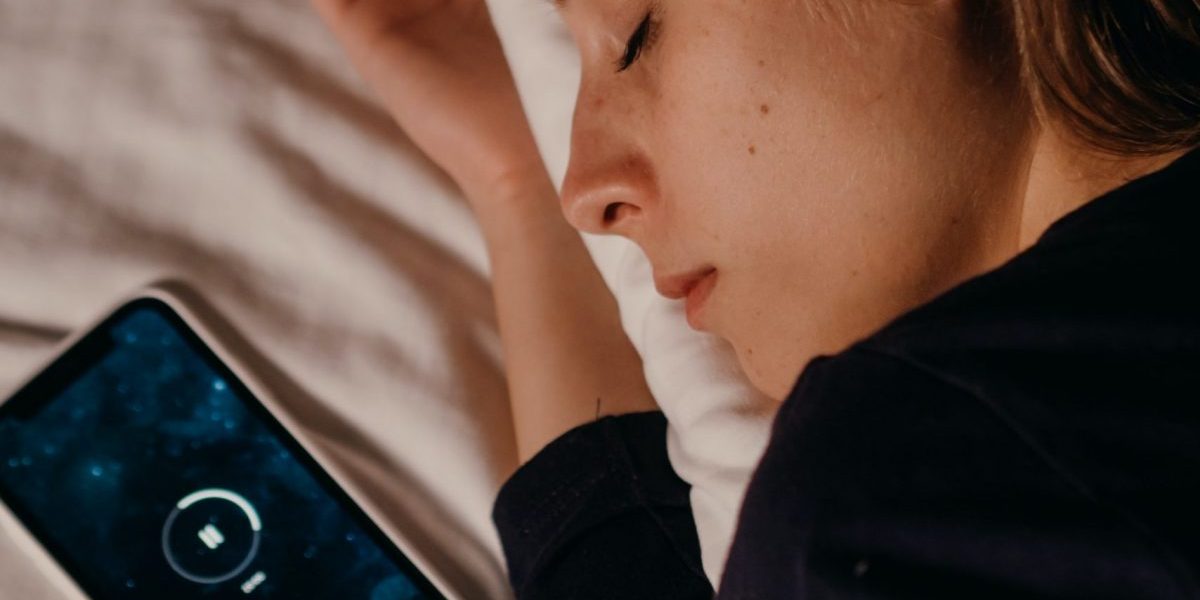The ongoing global pandemic has gone beyond shutting down businesses, causing massive layoffs and grinding many parts of the world to a screeching halt. It has prevented people from getting good sleep at night.
According to a report published in UC Davis Health, the global health crisis has given people plenty of reasons to lose sleep. The pandemic-induced stress has caused “coronasomnia.”
If you are having trouble sleeping because of the pandemic or other reasons, don’t fret. You can take steps to obtain restful sleep at night without having to purchase sleeping pills right away. One suggestion that you can give a shot is to listen to relaxing sleep music.
What is Sleep Music?

Sleep music is a type of music that helps you fall asleep faster or achieve quality sleep.
The right deep sleep music or sleep meditation music can help establish a calming baseline of sound without a lot of variation. This will aid you in falling asleep and keeping you asleep.
Certain music for sleep, such as those played by certain mobile apps, may mask other external or internal sounds. The relaxing sleep music, in effect, will become the pillow you can rest your head on. This is what healthy and great sleep sounds like.
Different Sleep Music Notes for Different Folks
Relaxing music for sleep varies. Some use a unique combination of nature sounds and live instruments designed to produce a relaxing and pleasant atmosphere conducive to falling asleep.
Whether you like the sound of guitar and gentle rain, white noise with violins, the gentle chirping of crickets or ocean waves infused with the cello, there’s something for everyone to fall asleep to and relax their mind.
How Does Sleep Music Work?
The ability to listen to music depends on a series of steps that transform sound waves entering the ear into electrical signals in the brain. When the brain interprets these sounds, a cascade of physical effects activates within the body. These effects either minimize issues that disrupt sleep or directly promote sleep.
What’s more, music activates the release of dopamine, a hormone produced during pleasurable activities, such as sex, working out and eating. This release can bump up good feelings during bedtime and address pain, which happens to be another cause of sleep problems. Psychological and physical responses to music are effective in alleviating both chronic and acute physical pain.
Can Music Help You Sleep Better?

There have been studies on the web suggesting that relaxing music enhances sleep due to its effects on hormone regulation, including cortisol, the stress hormone. Having elevated levels of cortisol and feeling stressed can raise alertness and result in poor sleep. Listening to music cuts down levels of cortisol. This may be why it helps release stress and put people at ease.
Take note, though, that not all music you hear on the radio or YouTube can qualify as relaxing music for sleep. The kind of music you tune into, therefore, makes a difference. If you don’t like the sleep music you’re listening to, you won’t fall asleep, even if it’s designed to give you sweet dreams.
What is the Best Music to Help You Fall Asleep?
You might ask yourself, “What kind of relaxing sleep music should I play at night?” Consider music or songs with a rhythm of about 60 beats per minute to help you retire for the day. As you’re falling asleep, your heart rate starts to slow and begins to move toward the range of 60 beats a minute. Slow music for sleep, therefore, “tunes” the beat of your heart toward the sleep zone.
Start by downloading tunes or buying CDs with music that has about 60 beats per minute. You could often find what you’re looking for by checking out classical music.
If you’re not a fan of the classical genre, that’s fine. The term “relaxing” in relaxing sleep music has different interpretations for everyone. Just as various “sleep hacks” can work for different individuals, everyone will have a genre of music that they will like.
If you don’t have a preference for a music genre, consider exploring songs or music that fit or closely match the “60 beats per minute” criteria. Here’s an example: Weightless, a song by Marconi Union, is allegedly the most relaxing song ever produced. It also clocks in at 60 beats a minute.
Need more examples? Consider adding the following to your playlist:
- Miles Davis – “Blue in Green”
- Joni Mitchell – “Blue Room Hotel”
- DJ Shah – “Mellomaniac (Chill Out Mix)”
When selecting songs for your sleep music catalog, you want to stay away from anything that evokes powerful emotions, regardless of whether they’re negative or positive. This means steering clear of that mix tape your friend gave you.
Getting a good night’s rest by listening to relaxing sleep music is fine. Just make sure not to wear headphones or earbuds to bed. They can get uncomfortable. When you roll over your earbuds, you could damage your ear canal. Instead, use pillow speakers to comfortably listen to deep sleep music in bed.

